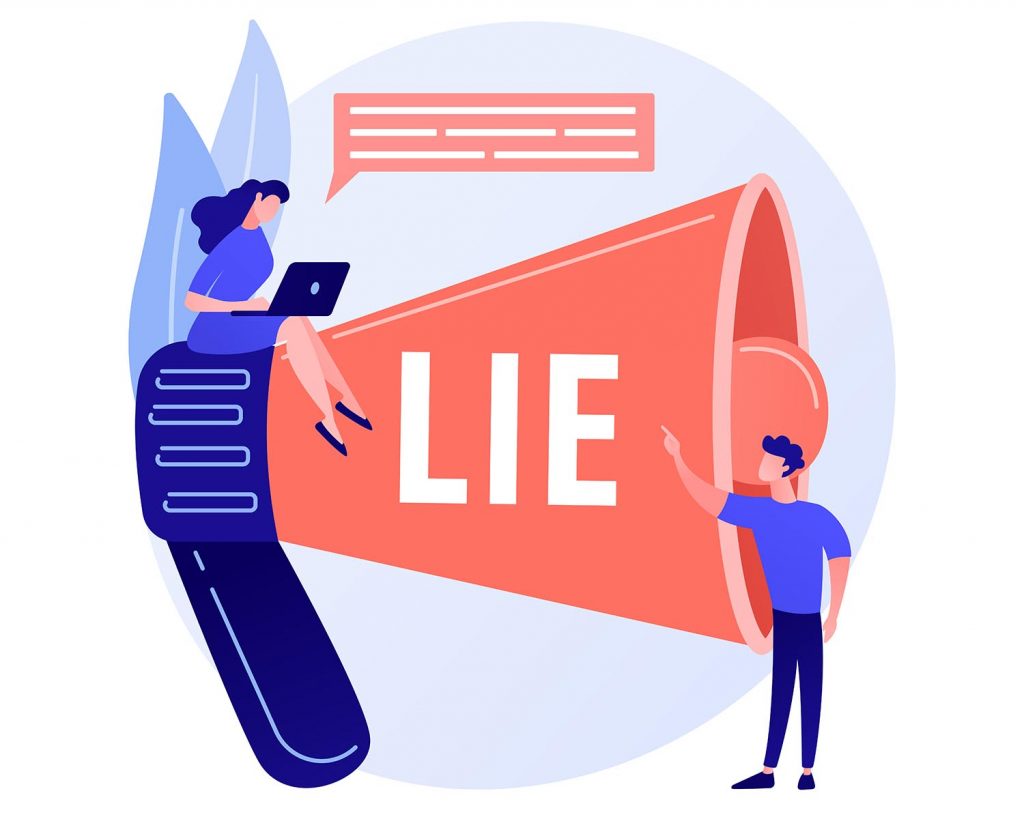DISINFORMATION RESTRICTS YOUTH’S FREEDOM OF SPEECH
Developing Media Literacy Guarantees Our Freedom
Authors: Team of young reporters CEMU
October 17, 2022. Dear readers, have you ever wondered why the media and social networks constantly bombard us with millions of messages? In addition to the fatigue that can produce us, can you imagine the influence on us? If we develop our Media Literacy, we can answer these and other questions.
Media and Informational Literacy (MIL) consists in developing a series of skills to interact with the media critically or creatively, and thus consume and produce content in a healthy way. Taking advantage of World Media and Information Literacy Week, which is celebrated between October 24 and 31 and was created by the General Assembly of the United Nations, we learn about this competence. This event is commemorated annually and is an important occasion for stakeholders to review and celebrate the progress made toward «Media and Information Literacy for All».

We have interviewed Spanish experts to talk about this issue and to put the focus on misinformation. Both Mónica Monguí and Kepa Larrañaga, professors and researchers in the field at the Complutense University of Madrid, believe that misinformation can be one of the biggest problems of young people since they do not usually contrast the information and disseminate it without checking it. Both experts believe that, on numerous occasions, the media quickly disseminate information to be a more competitive media company and to generate a greater audience without worrying about the effects of uncontrasted information. New technologies also allow the dissemination of news through social networks at high speed that, in many cases, are not validated and have no credibility. For this reason, for example, the military institution NATO (North Atlantic Treaty Organization) has created the «setting the record straight» program, which is a tool to detect disinformation more quickly and effectively.
UNICEF, a world-renowned entity that works for children, has carried out a study in which it reaches different conclusions. One of them is that social networks are used both to play and to interact. Today, teens spend more time in front of a screen than with a friend. The study shows that it is necessary to advance social networks in a healthier and safer way. According to Aurelio Martín, a journalist who belongs to the Federation of Journalists of Spain (FAPE) in which he is the Vice president, «media literacy should be used as a means of fighting disinformation».
Another study by Eva Herrero, a professor at the Carlos III University of Madrid, focused on the degree of Media Literacy among Spanish adolescents. The main conclusion of this research is that children and youth do not know anything about the media, and how to handle news and messages.
The conclusion, as Aimar Bretos, Director and radio newscaster at “Hora 25” talk show of Cadena Ser, told us during an interview on Antena CEMU radio, our FM station, is that: «We have to keep fighting disinformation with information».